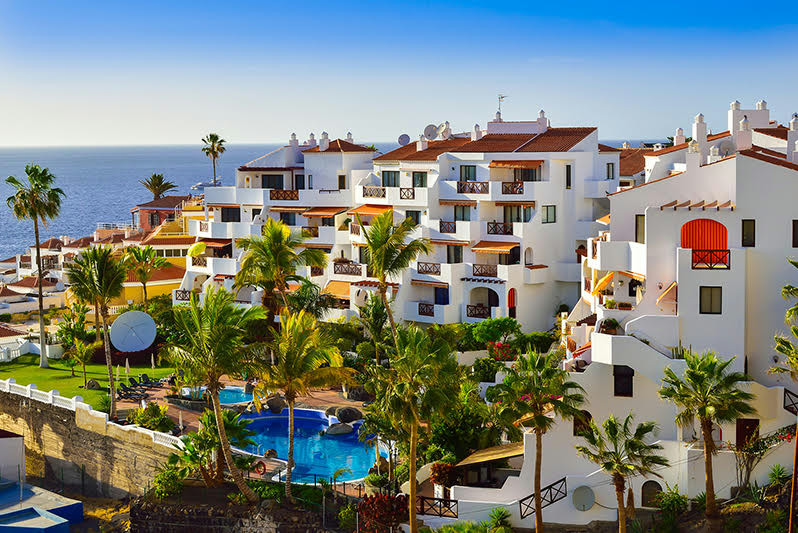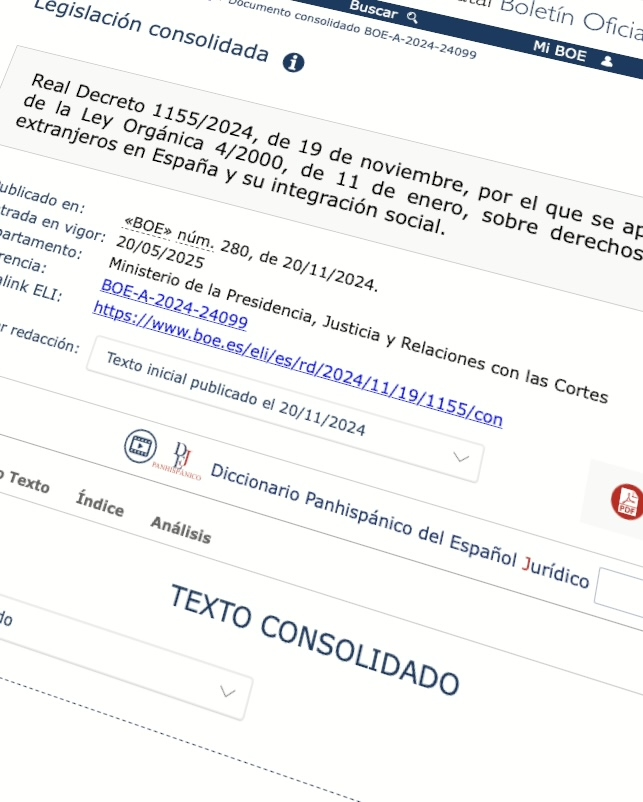The Spanish Prime Minister, Pedro Sánchez, has announced that his government will limit the purchase of properties in Spain to non-resident non-EU nationals. It seeks to increase the tax burden for this type of purchases up to 100%. Let us take a look at the few details we have about this announcement.
To whom does the new measures apply?
EU nationals will not be affected by it, as under EU law they have to be treated as Spanish citizens. Therefore, only non-EU nationals can be the affected subjects for this hypothetical tax increase. This means, for example, British, U.S., Brazilian or Chinese citizens. In addition, they must be non-residents. Thus, a British citizen who is a lawful resident of Spain will not be affected by the measure.
How will it be implemented?
It is not yet clear how they will apply this new 100% tax burden. Newly built property carries VAT at 10%, and under EU law they cannot increase VAT rate base on who purchases the property. They may introduce a new additional tax just for non-resident non-EU nationals.
As for pre-owned property, VAT does not apply, as it carries a property transfer tax which between 6 to 10% depending on the Autonomous Community where the property is located. This tax is charged by regional governments, and it is unlikely that those in the hands of opposition parties (most of all at this time) will agree to such a discriminatory increase. Again, this could be sorted by creating a special tax as for new-built property.
Can the new measure be challenged?
Firstly, if the government finally goes ahead and established the proposed tax, they have to do it through legislation, which must be scrutinised and passed by Congress. At this point it should be remembered that the current government is a minority government, and needs the support of external parties in order to pass any legislation. This would be a very controversial measure, and we are yet to see if some of the conservative parties who must support it in order to be passed will effectively do so. While far left parties are more likely to support the government, I doubt the Basque Nationalist party or the Together for Catalunya party, will support this proposal.
On the other hand, this seems to me more like a populist announcement intended to distract the attention from serious judicial problems surrounding some government members, including the PM’s wife and the Attorney General, both under investigation for criminal offences. We have seen this kind of manoeuvres lately with an aim to put the focus somewhere else and grant the support from the radical left.
There also is some talk in legal circles about the proposed measure breaching article 63 of the Treaty on the Functioning of the European Union. This article prohibits all restrictions on the movement of capital between Member States and between Member States and third countries. I am yet to see how increased taxation places a restriction on the movement of capital, but some tax lawyers think it does, so there could be a path to challenge the measure.
Anyway, before any further analisys we must see the proposed measures in writing, in the form of a bill introduced to Congress. It is then when we will be able to fully understand their implementation and devise potential ways to challenge them.
What is the current situation then?
Any intention announced by the government need to be passed as legislation before they are applied, so, for the time being, this is just an announcement without any practical consequences for those who are in the process of purchasing Spanish property.
Provided the measure is finally implemented, there are workarounds to it, such as obtaining legal residence in Spain. You can do this just for the purpose of purchasing the property, even though you do not have any intention of making Spain your country of permanent residence.
If you need further legal advice we can work with you on this or other matters and ensure you always get the best deal.


